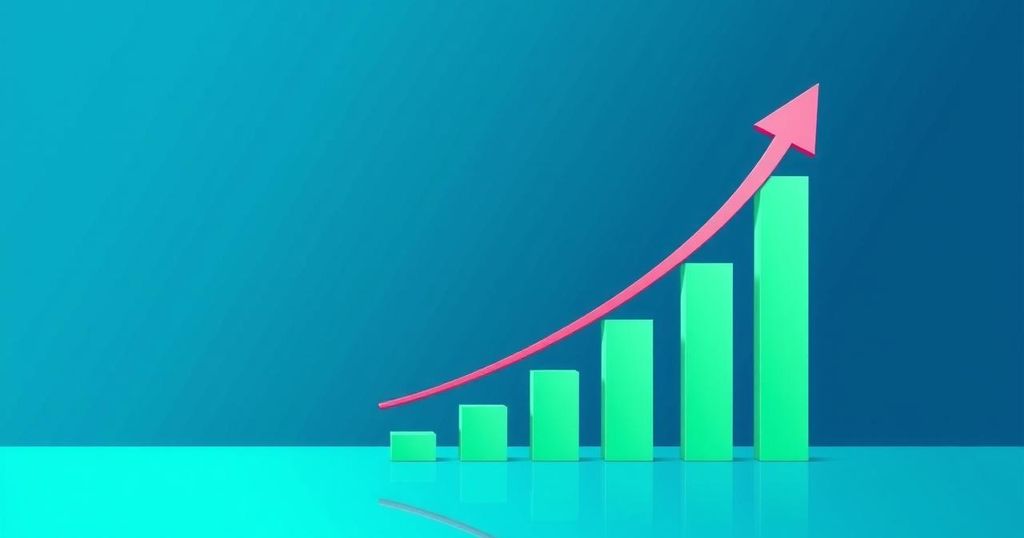Ghana’s Energy Sector Faces GH¢80 Billion Debt Crisis, Urgent Action Required
The Minister of Energy, John Abdulai Jinapor, has warned that Ghana’s energy sector debt has climbed to GH¢80 billion, primarily due to ECG’s liabilities. He calls for urgent reforms, echoing concerns from the Finance Minister and the IMF about potential financial risks in the sector. Immediate action and stakeholder engagement are deemed essential to stabilize the situation.
John Abdulai Jinapor, the Minister for Energy and Green Transition, recently highlighted the alarming financial situation in Ghana’s energy sector, where debts have surged to GH¢80 billion. During a meeting with Civil Society Organisations (CSOs) on March 18, 2025, he emphasized that more than GH¢60 billion is attributable to the Electricity Company of Ghana (ECG), marking the current debt levels as unsustainable.
Mr. Jinapor urged for immediate action to avert a financial crisis, stating, “The rate at which debts are piling up in the energy sector makes it imperative to take drastic measures. If we do not act now, we risk a major crisis.” He pointed out that financing poses a significant challenge and called upon CSOs to provide ideas and strategies for restructuring financial obligations in the sector.
Echoing these sentiments, Finance Minister Dr. Cassiel Ato Forson, in a national economic dialogue on March 3, 2025, warned that the energy sector’s debt could escalate to $9 billion (GH¢126 billion) by 2027 if proactive measures are not implemented. He underscored the necessity of structural reforms to mitigate the risks linked to the burgeoning debts.
The International Monetary Fund (IMF) has characterized Ghana’s energy sector as a significant financial risk, revealing that legacy debts total $2.1 billion (GH¢29.4 billion), representing 2.8% of the Gross Domestic Product (GDP) as of December 2023. In light of these pressing matters, Mr. Jinapor reassured CSOs of the government’s commitment to pursuing sustainable solutions aimed at stabilizing the energy sector. He reiterated that transparency and inclusive stakeholder engagement are vital in effectively addressing the nation’s energy issues.
Ghana’s energy sector is facing a critical financial crisis, with debts reaching GH¢80 billion, primarily driven by the Electricity Company of Ghana. Urgent intervention is required to prevent further escalation, as highlighted by both Minister Jinapor and Finance Minister Dr. Forson. The International Monetary Fund has recognized the significant risks posed by these debts, urging for immediate structural reforms to ensure the sector’s sustainability.
Original Source: www.gbcghanaonline.com




Post Comment